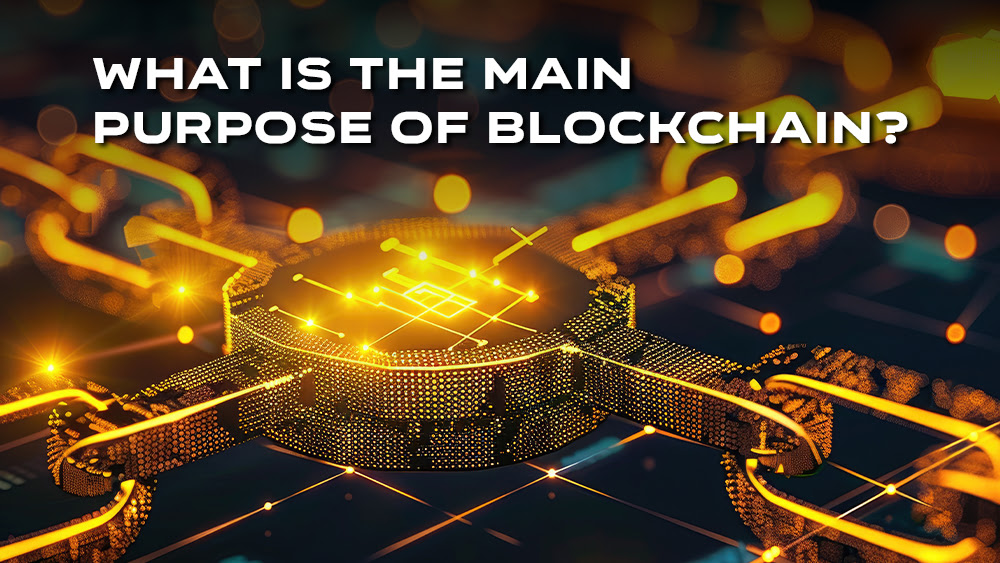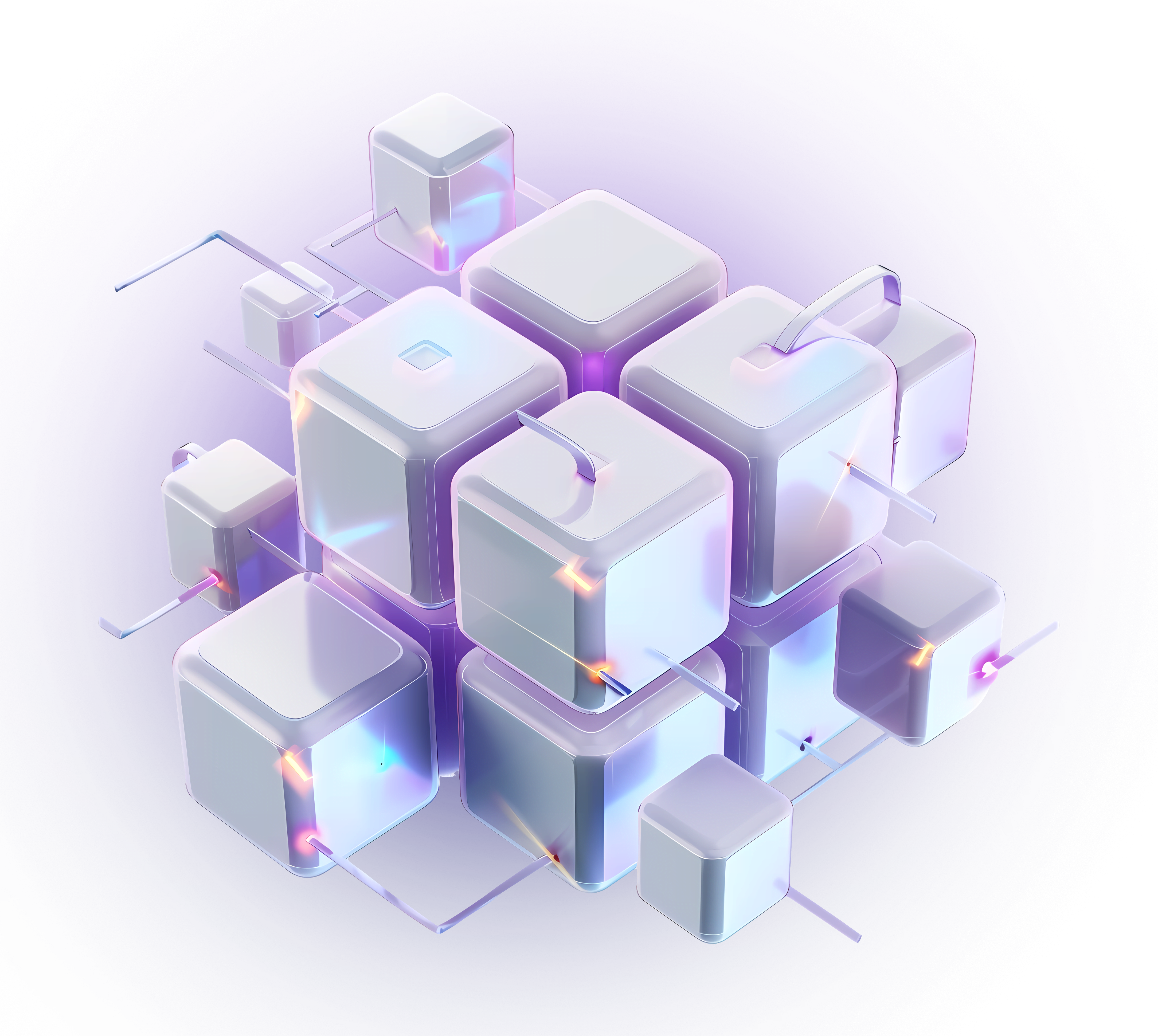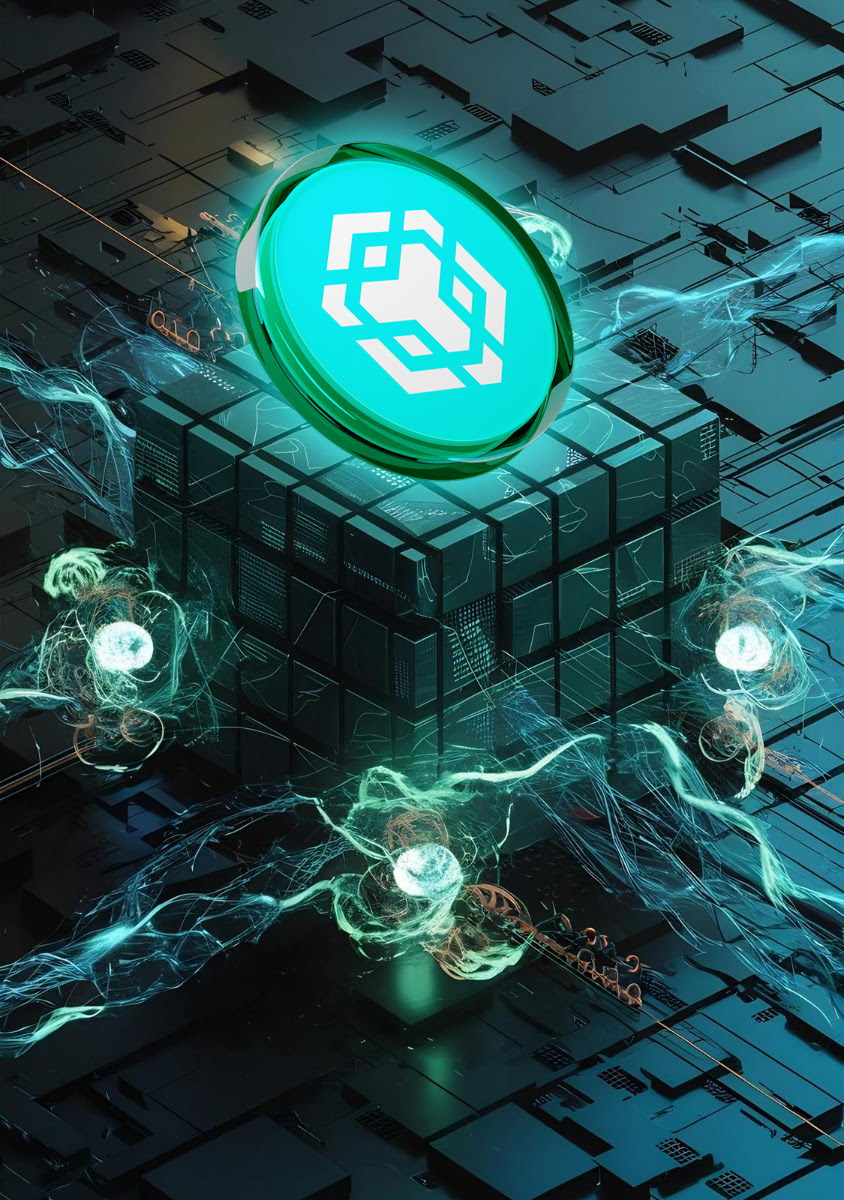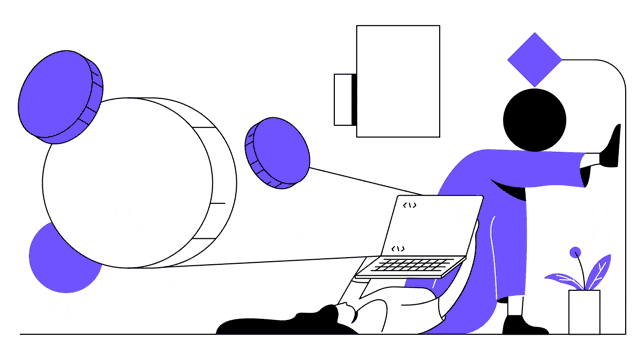
In today's fast-paced digital world, blockchain technology has rapidly moved from a buzzword in tech circles to a foundational component of modern innovation. Whether enabling cryptocurrencies like Bitcoin and BNB, revolutionizing financial services, or powering the next generation of internet applications, blockchain transforms how we store, share, and secure data. But with all the technical jargon and hype, many people still ask: What is the primary purpose of blockchain? To answer that, we need to explore what a blockchain is, how it works, and the immense benefits it offers across industries.
The concept of blockchain may seem complex, but at its core, it serves a simple yet powerful purpose: to establish trust in a decentralized, transparent, and tamper-proof environment. Traditional systems rely heavily on intermediaries—banks, governments, companies—to verify transactions and maintain records. Blockchain removes the need for these middlemen by creating a secure, distributed ledger that anyone can confirm, but no one can easily alter. This shift reduces costs and inefficiencies and democratizes access to trustworthy data in ways we've never seen before.
To truly grasp the value of blockchain, one must understand what it is. A blockchain is a digital tally or database that records information across multiple computers to ensure the data is secure, transparent, and inflexible. Each record in this digital tally is called a" block," these blocks are linked in chronological order, forming a chain, hence the name" blockchain. Each block contains a set of transactions or data entries, a timestamp, and a cryptographic hash of the previous block. This structure ensures that no single party can tamper with the data without altering every subsequent block and gaining Control of most of the network, which is practically impossible on well-established blockchains like Bitcoin or Ethereum. Unlike centralized databases controlled by a single entity, blockchains are decentralized and distributed across a network of nodes (computers) holding a copy of the same ledger. Because every participant in the network has an identical copy of the ledger and all transactions must be validated by consensus mechanisms like Proof of Work or Proof of Stake, blockchain eliminates the need for a central authority to validate trust. This is especially powerful in financial transactions, data sharing, identity verification, and smart contracts.


Now that we understand blockchain let's look at how it works. Imagine a group of people maintaining a shared spreadsheet. Whenever someone adds a new row, all members must agree that the information is valid. Once verified, the row becomes a permanent part of the spreadsheet, visible and unchangeable to everyone. This is the basic idea behind blockchain. When a sale is initiated on a blockchain network, it's broadcast to a network of bumps for confirmation. These nodes run complex algorithms using cryptographic rules to verify the transaction's authenticity. Once vindicated, the sale is grouped to form a new block. This block is then added to the chain in a linear and chronological order. The latest block is timestamped, and its contents are sealed using a cryptographic hash.
This process is governed by consensus algorithms, which ensure that all participants in the network agree on the contents of the ledger. Popular agreement mechanisms include Proof of Work( used by Bitcoin) and Proof of Stake( used by Ethereum 2.0 and BNB Chain). These mechanisms ensure security, fairness, and resistance to vicious actors.
The decentralized nature of blockchain and its consensus-driven validation process makes it highly secure, tamper-resistant, and transparent. Every transaction recorded on the blockchain is permanent and publicly verifiable, fostering a new era of trustless interactions between parties.
While blockchain has many uses, the primary purpose of blockchain is to create a system where trust is established through technology, not intermediaries. Let's break this down into its core purposes:

The benefits of blockchain are not theoretical—they're being realized across various industries. From finance to healthcare, logistics to entertainment, blockchain streamlines operations, enhances security and reduces costs.
In the financial sector, blockchain enables fast, low-cost cross-border payments, decentralized finance (DeFi) protocols, and tokenized assets that provide liquidity and fractional ownership. It reduces the reliance on banks and offers financial inclusion for the unbanked.
In supply chain management, blockchain offers real-time tracking of goods from origin to delivery. This improves transparency, combats counterfeit goods, and enhances trust among stakeholders. Companies can verify the source of products, track shipping status, and ensure quality control.
Healthcare is another sector where blockchain is making strides. Patient data stored on blockchain can be securely shared among healthcare providers, ensuring accurate diagnoses and better care without compromising privacy.
Smart contracts simplify property transactions, reduce paperwork, and prevent fraud in real estate. In voting systems, blockchain can provide tamper-proof digital ballots that ensure election integrity.
Even entertainment and gaming are being transformed. Blockchain enables fair profit sharing, the power of digital means( like NFTs), and decentralized happy distribution.
For everyday users, blockchain offers the following key benefits:
druggies completely control their digital means, individualities, and data.
With no middlemen, fees for financial transactions, remittances, and data storage are significantly reduced.
Transactions and contract executions are fast, often occurring in real time or within minutes.
Blockchain opens doors to decentralized applications (dApps), decentralized finance (DeFi), and tokenized investment opportunities.
Blockchain is further than just the technology behind cryptocurrencies. It's the backbone of a new decentralized internet (Web3), where users are empowered, data is secured, and systems are transparent and fair. As the world becomes increasingly digital, blockchain provides the infrastructure to support trustless, permissionless, and open systems.
Governments, enterprises, and startups are investing in blockchain solutions for identity verification, land registration, energy trading, intellectual property protection, and more. With each new use case, blockchain proves its versatility and resilience.
The BNB Chain, for example, has rapidly gained popularity due to its scalability, low fees, and active ecosystem. It powers thousands of decentralized applications and tokens, making it one of the top blockchain platforms globally. As adoption grows, so does the value and influence of blockchains like BNB Chain.

In summary, the primary purpose of blockchain is to build trust in a digital world. It eliminates the need for centralized authorities by offering a transparent, secure, decentralized way of recording transactions and managing data. Whether improving financial systems, enhancing supply chains, protecting identities, or driving innovation through smart contracts, blockchain is at the heart of a global digital transformation.
As businesses, governments, and individuals embrace blockchain, its real-world impact will only grow. And for those looking to explore, invest, or build on blockchain, platforms like bnbbro.io offer valuable insights and tools to help navigate this revolutionary technology. Blockchain is not just the future—it's already reshaping our present.